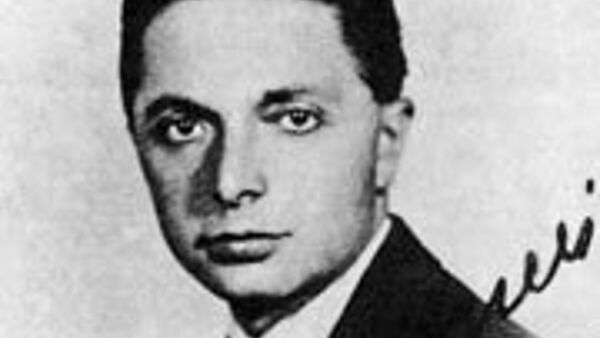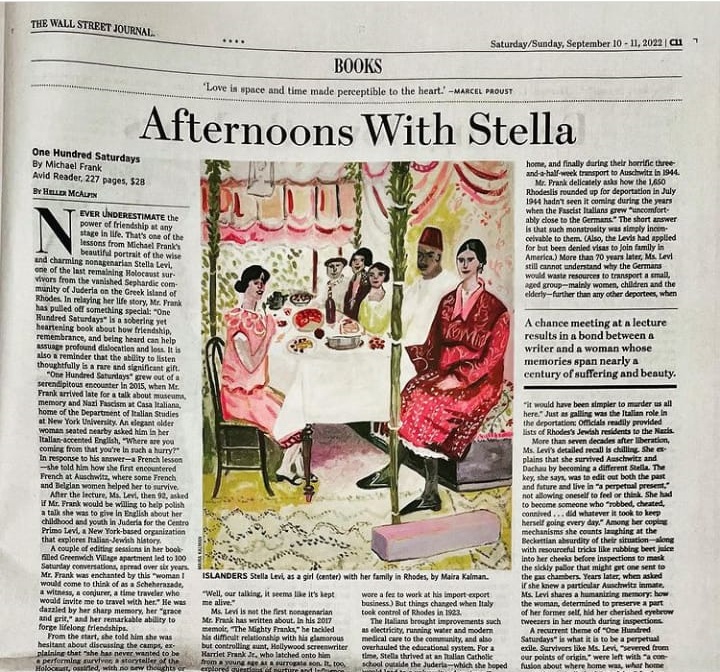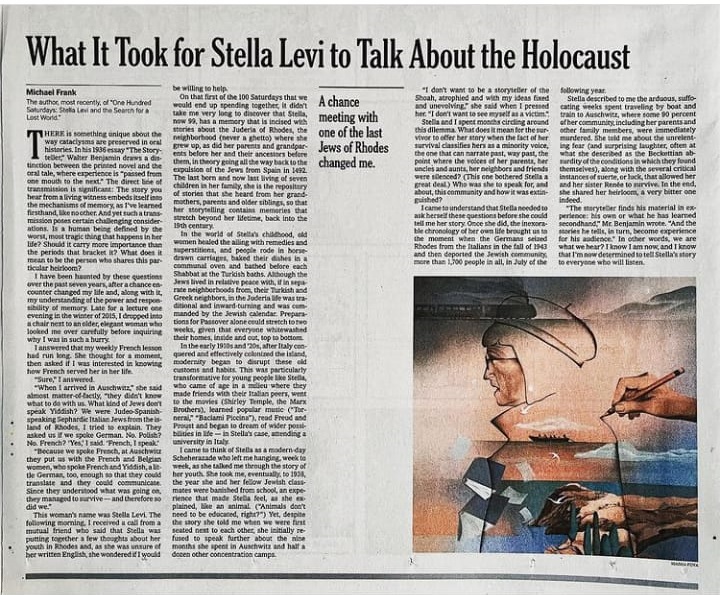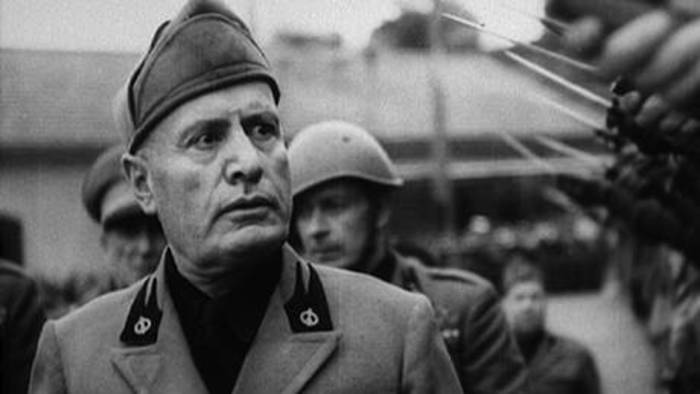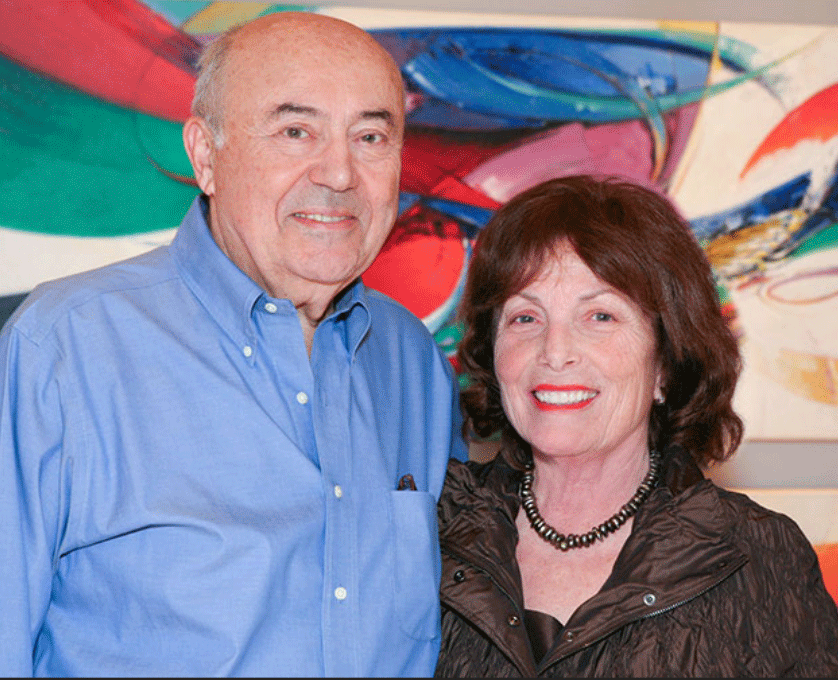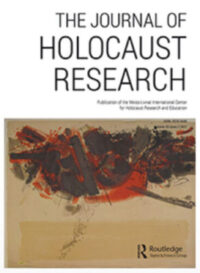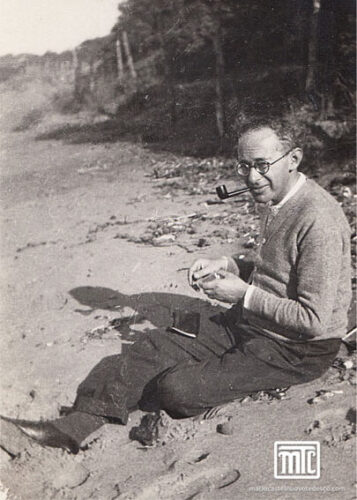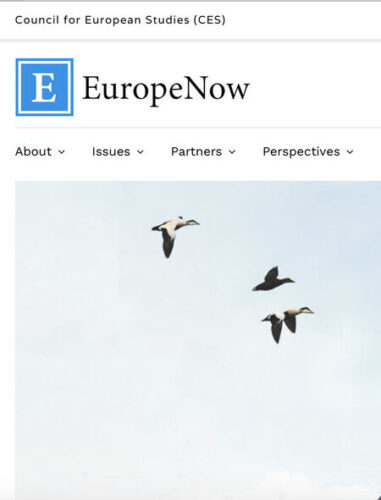By Janet Ward at University of Oklahoma for The Journal of Holocaust Research
The six contributions to Volume 35, Number 2 of The Journal of Holocaust Research (2021), ‘Confronting Hatred: Neo-Nazism, Antisemitism, and Holocaust Studies Today,’ were first presented at events organized by Janet Ward (University of Oklahoma) and Gavriel Rosenfeld (Fairfield University), including a seminar at a conference of the German Studies Association (October 2019, in Portland, Oregon), and a roundtable at the American Historical Association’s annual meeting (January 2020, in New York City). By inviting a group of German and American scholars to collaborate and explore the complicated continuities between the fascist past and today, amid the rise of populism, racism, antisemitism, and white ethno-nationalism in the United States, Germany, and beyond, we deepened our collective understanding of the connections and challenges for our teaching, scholarship, and public outreach. Mindful of the need for a more effective scholar-activist approach, this JHR special issue offers the first grouping of research emanating from our discussions; and our other, equally urgent focus, ‘Fascism in America, Past and Present,’ is currently a work-in-progress (coedited by Gavriel Rosenfeld and Janet Ward).

